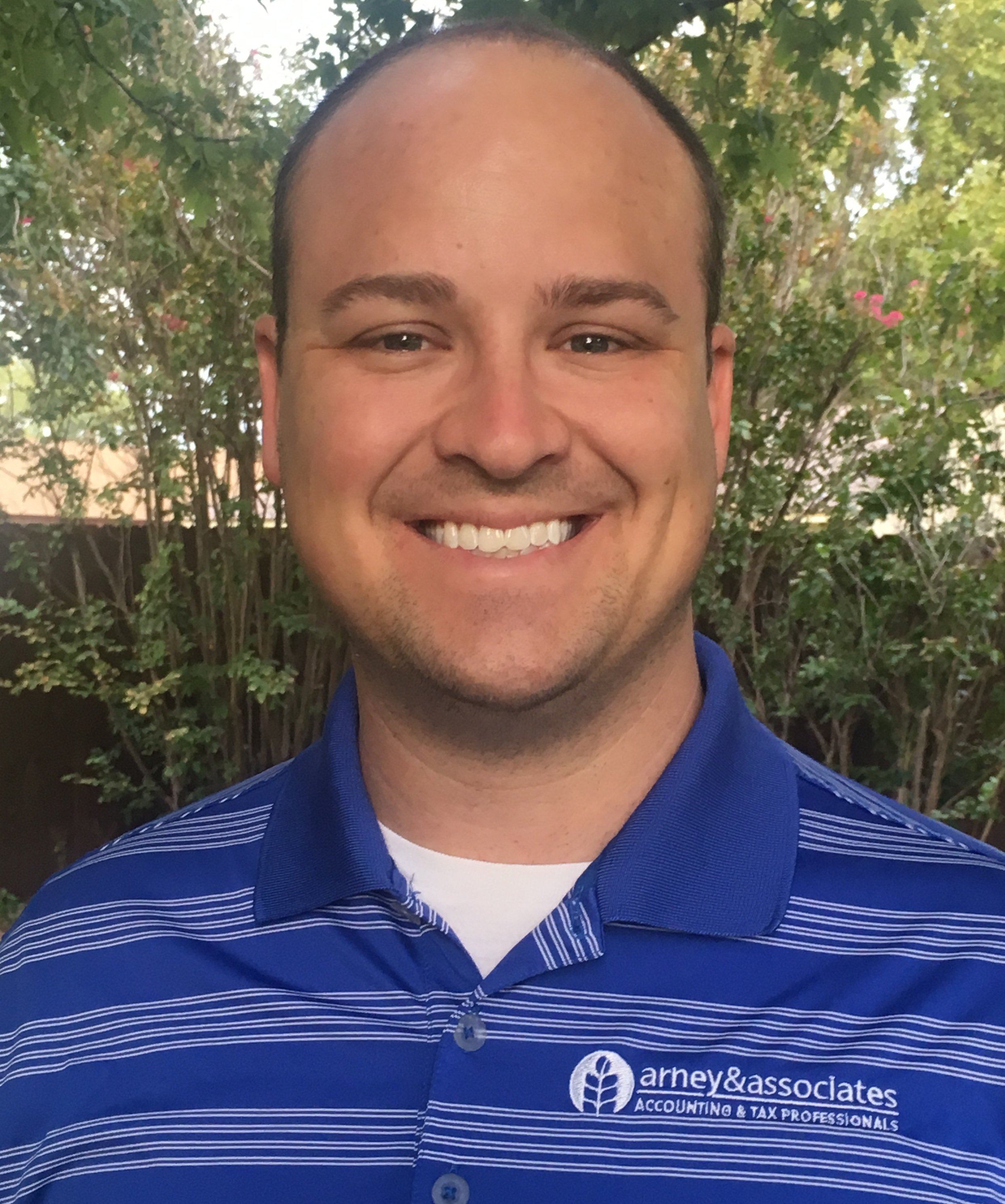When Tyson Miller was in college, he was asked to fill out a Goals Statement as part of his scholarship application from the American Institute of CPAs (AICPA) and Accountemps. But even though he was within reach of starting his accounting career, he hadn’t thought much about goal setting.
That was then. Now he says, “Too many times, college students get caught up in the blur of college life, including studying, part-time jobs, friends and other pursuits, that they don’t clearly plan for their future. For me, this application served to be one of the few times for me I stopped what I was doing at the moment, sat down and listed my goals. Goal setting helped bring clarity to what I actually wanted to do.”
Goal setting on the accounting career path
 Miller was awarded the scholarship in 2010, got his Bachelor of Business Administration/Master of Accountancy from the University of Oklahoma, and turned down a job with a Big Four firm to work for a small, rural accounting firm with partners who were looking for succession opportunities.
Miller was awarded the scholarship in 2010, got his Bachelor of Business Administration/Master of Accountancy from the University of Oklahoma, and turned down a job with a Big Four firm to work for a small, rural accounting firm with partners who were looking for succession opportunities.
As for goal setting, Miller says he’s still at it.
“Once a quarter, I try to get away from all of my pressing duties, projects and responsibilities, and look at my personal and business goals for the next quarter and the next year. And just like it was with this award application, I find there is something special in actually writing those goals down.”
Now he’s the president of his firm, which has grown from four to 10 full-time employees and several seasonal employees, and he’s still setting goals for his accounting career.
From CPA exam to graduate school and beyond
Norman Wohlschlaeger, a graduate of Missouri Baptist University, also was inspired to embrace goal setting in preparation for his accounting career. When he got a AICPA/Accountemps scholarship in 2009, he says it solidified his plan to sit for the CPA exam and get his masters degree.
 “Becoming a CPA is a multi-year commitment,” he says, “but the benefits last a whole career.”
“Becoming a CPA is a multi-year commitment,” he says, “but the benefits last a whole career.”
Wohlschlaeger worked for a variety of companies before settling in at Boeing as a computing security and information protection specialist in St. Louis, Mo.
“As an accounting and IT professional, I still set goals in four-month increments, much like a college semester. I also have more long-term goals, such as to finish a Masters of Information Management at Washington University in the next two years. At work, I intend to expand my knowledge base, and continue to perform well.”
3 tips for ambitious goal setting
While Miller and Wohlschlaeger have taken different accounting career paths — one to a small public accounting firm and the other to the world's largest aerospace company — both attribute goal setting to their success.
Here are three tips you can use to tap the power of goal setting:
- Identify what you’d like to achieve — Would you like to study for a certification? Develop leadership skills? Build your personal brand? Become an Excel fanatic? Be specific, and set both realistic, short-term goals and those that push you out of your comfort zone.
- Find a mentor — Write down your goals and share your list to hold yourself accountable. Your mentor could be your supervisor or a peer or even someone outside your company. Set up regular meetings with them to keep them updated.
- Understand that goal setting is a skill — You need to create the right conditions for meeting your goals, make sure they’re actionable, give the process time, and practice by forming daily habits that support your goal setting.
A great question to ask yourself is this: If I keep doing what I’ve been doing today, will I achieve my goals? It takes a serious commitment to forge a successful accounting career, and goal setting can help you find success now and in the future.
Don't want to miss our hot-off-the-press career insights?







